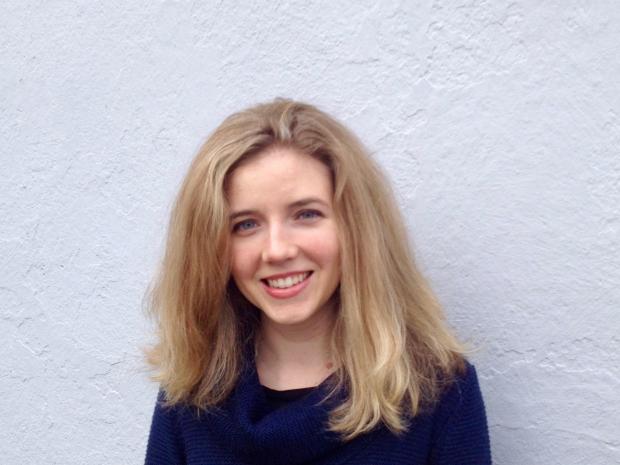Developing Responsive Soft Nanomaterials for Biomedical Applications Nathalie Pinkerton

Speaker:
Nathalie Pinkerton
Pfizer & NYU
Abstract:
Nanomedicine, the application of nanomaterials to the field of medicine, holds the potential to signifi- cantly improve human health ranging from more effective cancer treatments to novel medical imaging contrast agents for improved diagnoses. Nanomedicines have engineered properties that enable them to behave differently in vivo compared to small molecule and biologic drugs. An ever-evolving field, nanomedicine requires novel nanomaterials, robust and scalable synthesis and formulation routes, and improved understanding of how nanomaterials interact with the biological environment. The focus of this seminar will be twofold –to highlight examples of my previous research in the field of nanomedi- cine, and to share my vision for the lab and describe the available PhD research projects.
In the first half of the talk, I will describe the development of polymeric nanoparticles designed for drug delivery and multi-modal imaging applications. The polymeric nanoparticles are synthesized via the scalable Flash NanoPrecipitation (FNP) process, a controlled precipitation process driven by hydropho- bic interactions. In the first example, I will present a hydrophobic ion pair formulation approach, which enables the encapsulation into nanoparticles of ionizable, weakly hydrophobic compounds – a class of molecules traditionally incompatible with nanoformulations. This approach is now widely used in the pharmaceutical industry. In the second example, I will demonstrate that FNP is a robust and versatile process for the assembly of inorganic-organic hybrid nanoparticle contrast agents for medical imaging. These hybrid nanoparticles have both MRI and fluorescent imaging capabilities and enable the detection of small liver metastases in vivo.
In the second half of the talk, I will present my plan for devel- oping an interdisciplinary research program and highlight two available thesis projects. My lab will primarily focus on (1) the design and synthesis of responsive, soft materials for biomedical applications, (2) the controlled synthesis of inorganic-organic hybrid nanomaterials for bioimaging and (3) the development of tools to study nano-bio interactions. Taking an interdisciplinary approach, my research program will combine tools from chem- istry, chemical and materials engineering, nanotechnology, can- cer biology and immunology, and microscopy. Students will have the opportunity to work closely with academic and indus- trial collaborators in those fields. The first thesis project will en- compass the development of light responsive materials for trig- gered drug delivery. The second thesis project will involve expanding the scope of FNP to controllably synthesize inorganic-organic hybrid nanomaterials in situ. Both projects have the potential to positively impact the field of nanomedicine by addressing major challenges in the field.
- 10:30 Refreshments
- 10:45–12:00 Talk

